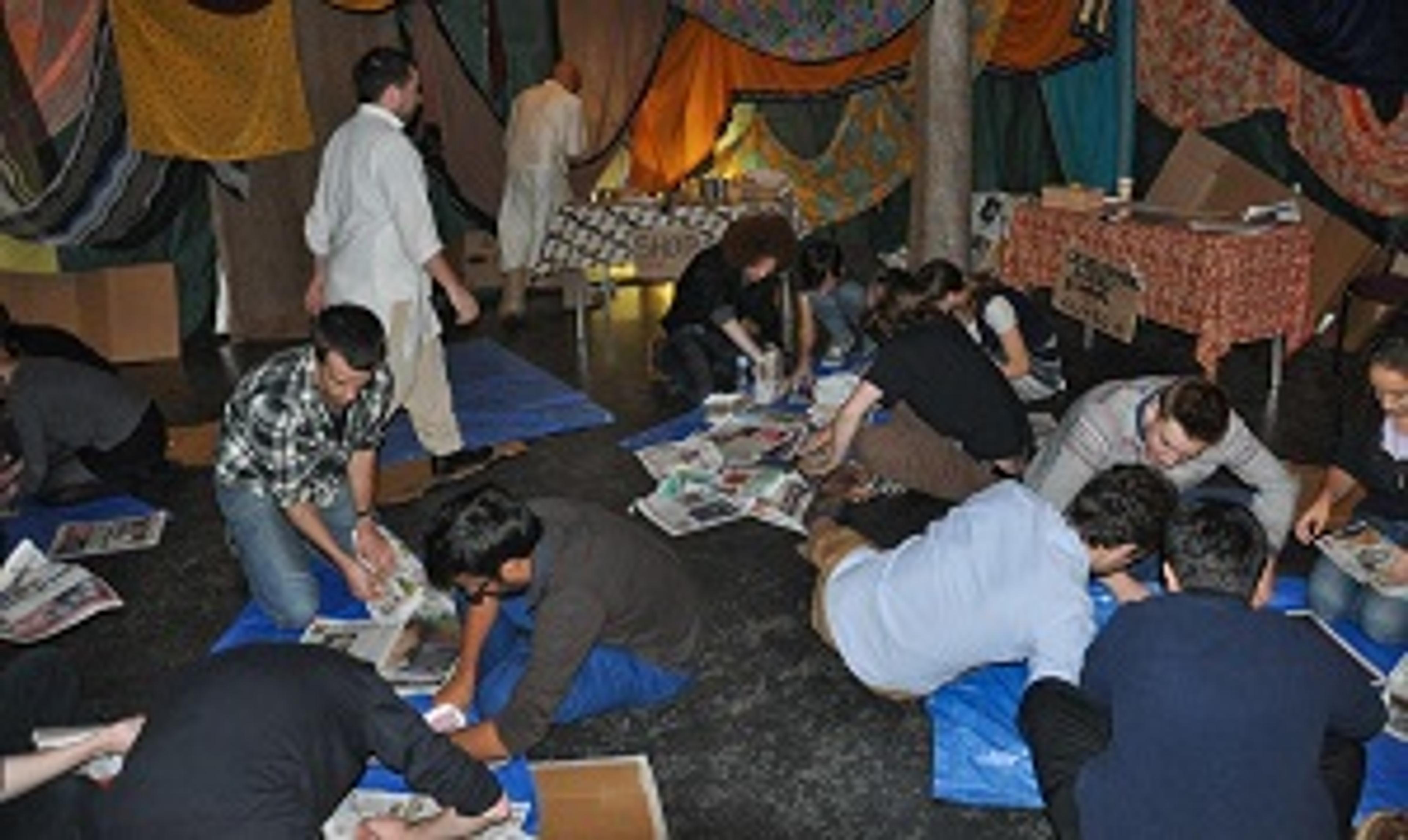
On the 16th July in London, Giving What We Can will be co-hosting an event "Struggle for Survival" with Global Hand. This is a chance for interested people to experience a little of what it's like to experience some of the challenges faced, and choices made by those living in extreme poverty. The event has been put on at the World Economic Forum, with the aim of getting businesses to get them to do more for the communities where they are based.
You can sign up to this event on Facebook here. One of our members, Jacob Williamson has attended the last such event we put on, and to give you an idea of what it's like, here is his recollection of what happened:
"I took part in a poverty simulation event organised by Global Hand this evening. I think the offer reached my inbox through the Giving What We Can mailing list, and little detail was given in advance other than beaming endorsements from Ban Ki-Moon and Richard Branson. It seems these folks shook up Davos slightly by attempting to demonstrate to millionaires how the Bottom Billion get by.
"There are, of course, inevitable limits to the realism any such project could achieve. It certainly seems a stretch to think people will immediately imagine anything resembling despair or degradation – nevermind hunger – when the tasks at hand are made into practical, competitive games. It seems to me that the project is instead still promising for different reasons. It is plausible that by learning the facts about the obscenely scarce economic conditions so many people must operate in by playing them out first-hand, people will process and appreciate them more.
"There just is a real sense in which when we’re supplied with photos of people living this in a certain lifestyle and struggling to achieve certain goals, actually proceeding to simulate such goals and actions yourelf, and see how little they go to succeeding in the context of the game – that does bring things to life in a way simply reading such facts might not. So the groundwork for achieving empathy later might be laid, rather than that emotion actually arriving in the course of the experience.
"Supplement it with sufficient information of the kind Giving What We Can tends to provide, not only about how comparatively rich we all are, but also just how much good as individuals we can do, and there could be potential for persuasion there."